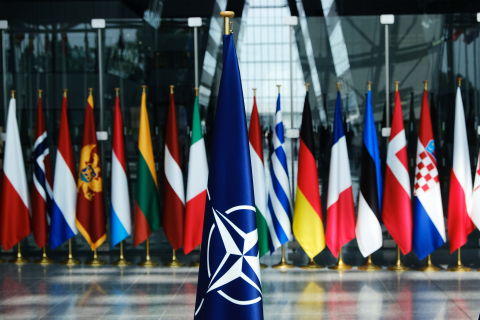3282 publications
Rosoboronexport, Spearhead of the Russian Arms Industry
Rosoboronexport, a federal state unitary enterprise, is at the heart of Russian political power: it is the key pivot of the arms exports policy and of the ongoing consolidations of the Russian military-industrial complex (MIC). On behalf of its Director Sergey Chemezov, a close relation of President Vladimir Putin, Rosoboronexport has become the driving force for the renewal of Russia's military-technical policy, as it benefits from a quasi monopoly on arms exports. Through Rosoboronexport, the Russian state is seeking to modernize the Russian MIC - token of the country's power and influence on the international scene. In order to ensure the long-term success of its takeover operations of Russian industrial companies, Rosoboronoexport now needs to complete its transformation into an industrial holding company and strengthen its privileged position beyond the next Russian presidential elections to be held in 2008.







